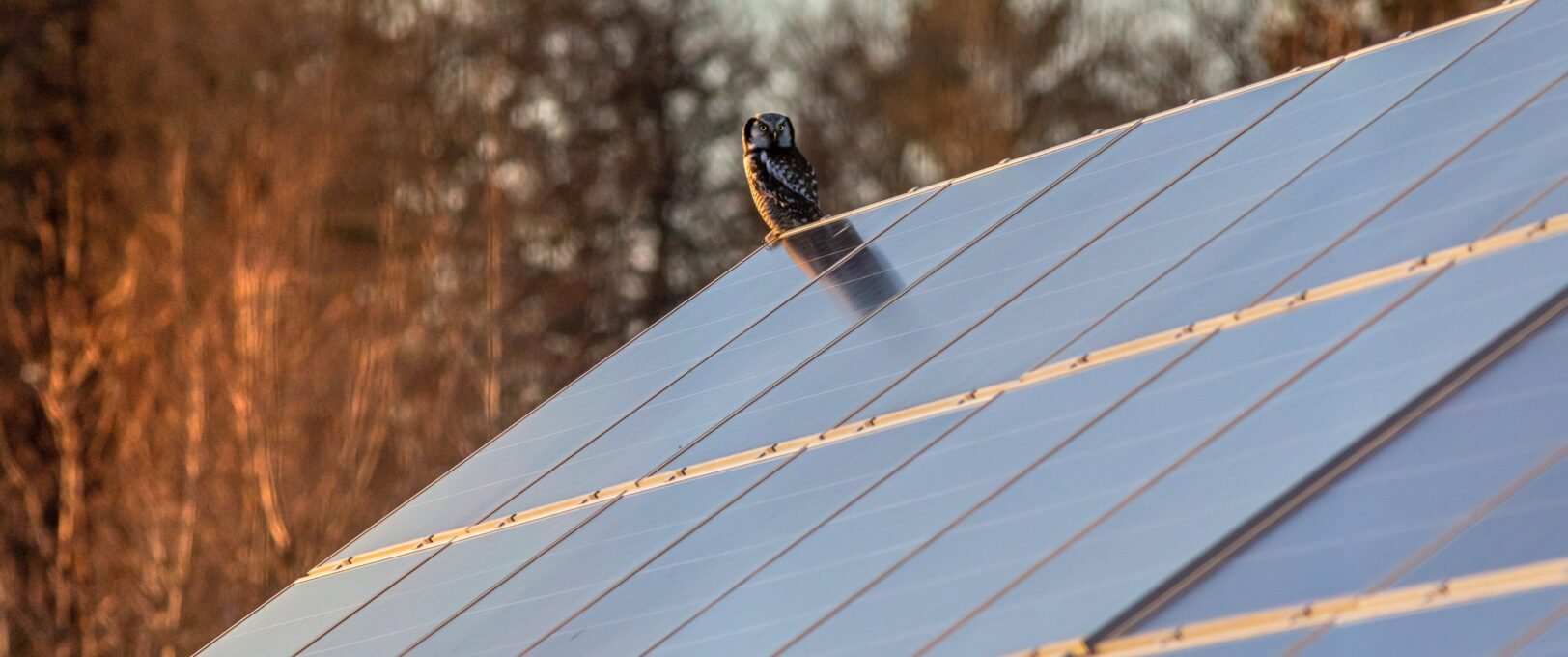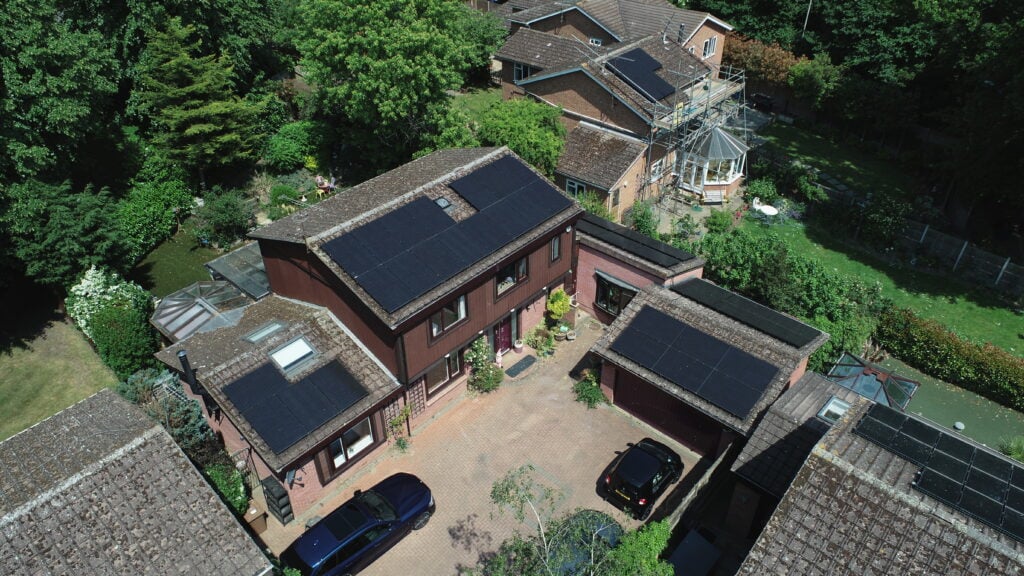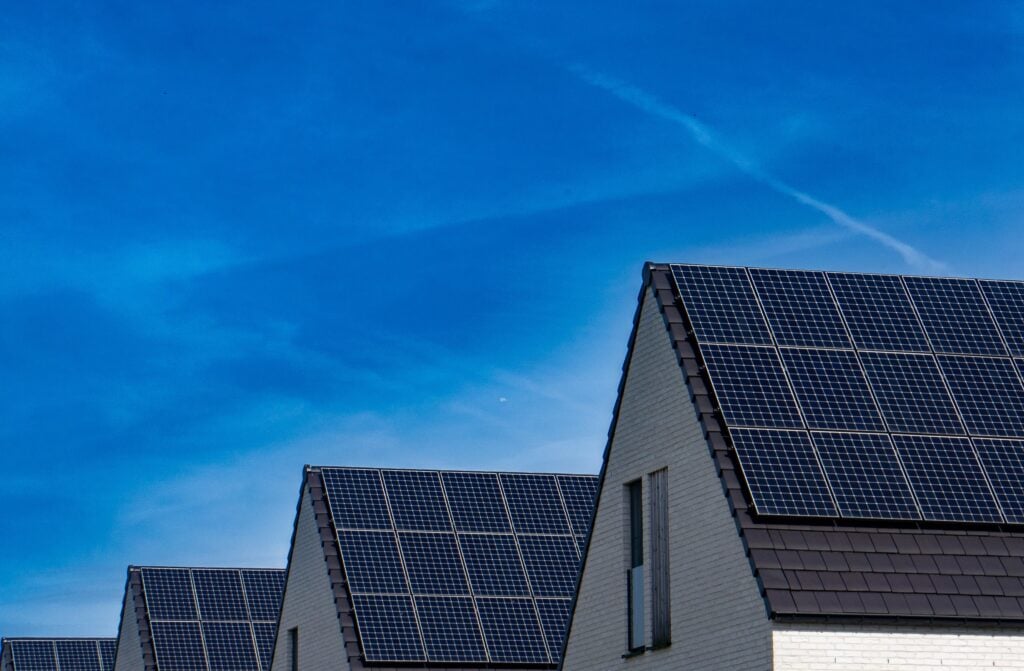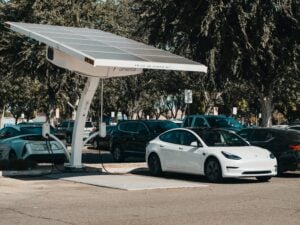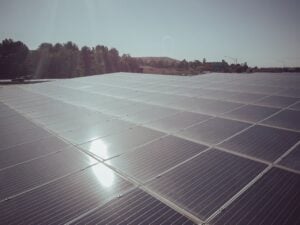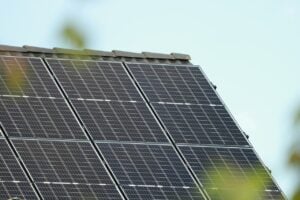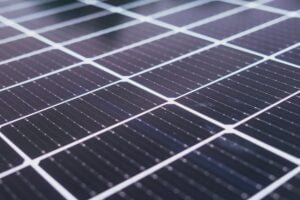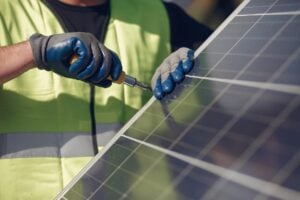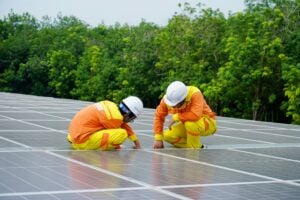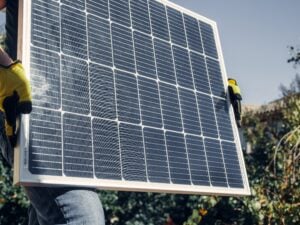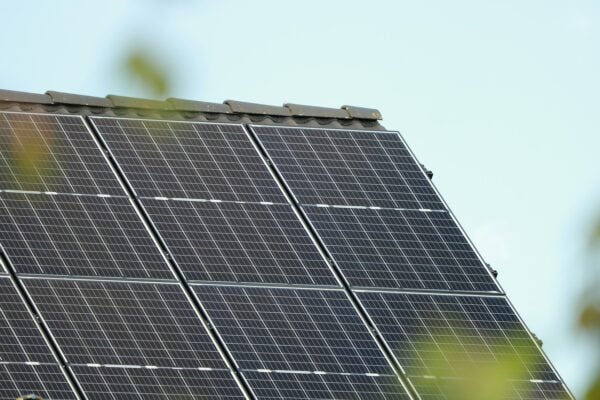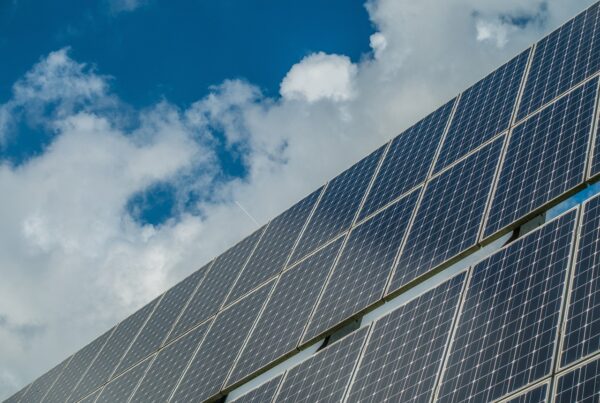Are Solar Panels Good For The Environment: 10 Green Benefits
Solar panels help you save up to 80% on your energy bills and are also an excellent option for anyone trying to live greener. Solar panels are good for the environment for several reasons.
Solar power is the world’s most abundant source of renewable energy but its environmental benefits don’t end there. In this blog we’ll explore solar’s ability to cut greenhouse gas emissions as well as all the lesser-known ways that solar panels positively impact our planet.
Firstly, let’s address the elephant in the room
Lithium. A material that has a bad rep for the harm it can cause to the environment, and for good reason. We don’t hide the fact that we use lithium-ion batteries, but we are very keen to highlight why we use them and how their qualities can actually help us to maximise the positive environmental effect of our solar panel systems.
The Environmental and Energy Study Institute states that a lithium-ion battery has an energy density ranging from 200-400Wh/L compared to just 50-80Wh/L of the commonly used lead-acid battery. This means that our batteries are capable of storing much more energy, placing less reliance on the grid supply which largely comes from harmful fossil fuels.
The improved efficiency that lithium offers ensures that the positives of using it far outweigh the negatives. Without it, all the following benefits that come from using our solar panel systems would not be as greatly felt.
Ultimately, the use of solar panels has a net positive for the environment. Here’s why.
1. Reduced greenhouse gas emissions
Once you have the right solar panel system installed it’s possible to fully meet your household energy demand using solar energy. This energy can be stored in batteries and either sold back to the grid for payment, or saved for use outside of daylight hours.
Not only does this mean that you have a greater supply of energy than you’re ever likely to need, it also ensures that the amount wasted is kept to an absolute minimum.
Every year a portion of the National Grid’s energy is wasted through transmission before it reaches our homes. According to Statista, this equated to around 25 TWh, or 8% of all the electricity the grid produced that year, meaning that a significantly higher volume of greenhouse emissions are being produced than is necessary.
Efforts are being made to make the grid more environmentally friendly. More energy is being provided through renewable sources than ever before but the outdated system prevents them from being used to their full potential.
For example, edie suggests the grid wasted 1.35 TWh of wind energy last winter, enough to power 1.2 million homes, because it didn’t have the capacity to store it. Valuable resources are used and emissions produced to build and run turbines, only for a huge amount of the energy to be wasted. Avoiding energy waste is just one of the reasons why solar panels are good for the environment.
2. Air and water pollution reduction
Despite the government’s efforts, much of the grid’s energy still comes from burning natural gas. The National Grid confirmed that gas accounted for 32% of the electricity used in 2022.
This percentage is decreasing but still remains a long way off reaching net-zero. Great volumes of harmful pollutants like carbon and sulphur dioxide are being expelled into our atmosphere, impacting the quality of our air and water.
Solar panels do not produce any of these harmful pollutants once they’re installed. You would be helping both humans and nature thrive off a cleaner, healthier ecosystem.
3. Conservation of natural resources
If you’re still trying to decide whether solar panels are good for the environment then consider this if nothing else: the power of the sun is limitless. (Well, we’ve got approximately five billion years before the sun begins to die, so plenty of time before colonising Mars.) Harnessing that power can be achieved sustainably through the installation of solar systems.
Other traditional methods of producing energy rely on finite resources like coal, oil and natural gas. Not only will these resources eventually run out, the process of extracting them also damages ecosystems, reduces soil quality, and adds unsightly eyesores to our landscape.
Solar panel systems can be relatively compact and placed in locations that best suit you. This minimises their visual impact while they produce renewable and almost infinite energy.
4. Land use efficiency
The visual impact of solar panels can also be kept at a minimum thanks to the abundance of suitable locations on offer within the built environment. A variety of surfaces, including rooftops, car parks, and other unused spaces are all excellent options for solar panel installation.
Being able to incorporate solar systems into residential, built-up areas reduces the need to expand. This preserves both natural habitats and our stunning countryside landscape.
5. Mitigation of climate change
Using solar panels here in the UK is part of a much bigger picture. Traditional energy production emits carbon dioxide which is the largest contributor to climate change.
The Center for Climate and Energy Solutions estimates that CO2 accounts for about 76% of total greenhouse gas emissions.
Reducing the volume produced is a huge part of our global mission to limit climate change. Your decision to harness the sun’s energy without producing harmful pollutants will help to achieve that.
6. Lower water consumption
Water consumption can often be an afterthought when it comes to energy production but it’s just as important as other environmental considerations.
Water is becoming an increasingly valuable resource with shortages being felt all around the world. At the current consumption rate, the World Wildlife Fund predicts that two-thirds of the global population could face water shortages by 2025.
Nuclear, coal, oil, gas, and biofuel power plants all use a huge amount of water for cooling to keep the system running at optimal efficiency. Unlike these methods, solar panels do not require cooling so don’t contribute to the depletion of global water.
This means that by installing solar PV you would be helping both the people and ecosystems whose lives depend on Earth’s natural water supplies.
7. Energy Independence
Energy independence is another key factor to consider when deciding whether solar panels are good for the environment. We already know that solar panels offer fantastic financial benefits by reducing your reliance on the grid, and the environmental benefits are just as great. Much of the grid’s energy is produced via fossil fuels, but the issue is compounded by the fact that the majority of these are imported. In 2022, the UK imported 37% of its primary energy, with oil and gas accounting for over 90% of those imports.
The process of transporting these fossil fuels further increases their overall greenhouse gas production. Living more independently from the grid by installing solar panels would reduce your reliance on imports, significantly lowering your carbon footprint.
8. Long-Term Sustainability
It’s impossible to completely remove your carbon footprint when switching to any renewable energy source because of the resources and energy required to produce them. However, the extensive lifespan of solar panels makes them a brilliant option for long-term sustainability.
Solar panels typically range from 25-30 years or more without suffering a significant dip in efficiency. Once they’re installed you won’t have to worry about replacing them for a very long time, which is great for both your pocket and the planet.
9. Job Creation
Speaking of financial benefits, the solar panel industry creates employment opportunities across several sectors, including manufacturing, installation, maintenance, research, and development.
All of these environmentally-friendly jobs support the growth of the green economy and help solar panels reach new communities, broadening the use of green energy across the globe.
10. Technological Advancements and Innovation
By choosing solar panels, you help the solar PV market grow. As the market grows, solar panel manufacturers can invest more in research & development to improve their products. Your money ensures solar systems are always improving in terms of efficiency, accessibility, and affordability so that they can be more widely used, all to the benefit of the environment.
Researchers at the National Renewable Energy Laboratory created a silicon solar cell with an efficiency rating of 39.2%, up from the previous highest of 17.8% in 2012. This significant improvement highlights what is possible within a relatively short space of time. The more people who take advantage of these improvements by purchasing modern solar panels, the greater the impact on our planet.
Solar panels are good for the environment, providing a range of net positive benefits. These include reduced greenhouse gas emissions to mitigate climate change, protection of ecosystems through more efficient land use and resource conservation, and less reliance on imported fossil fuels thanks to long lifespans and ongoing technological advancements.
Speak to a trusted advisor
Request a call back from one of our solar energy advisors by filling in the form below. We’re here to advise on the most efficient solar PV installation for your needs, not ours. Discover how you can start saving up to 80% on your energy bills with solar energy.
